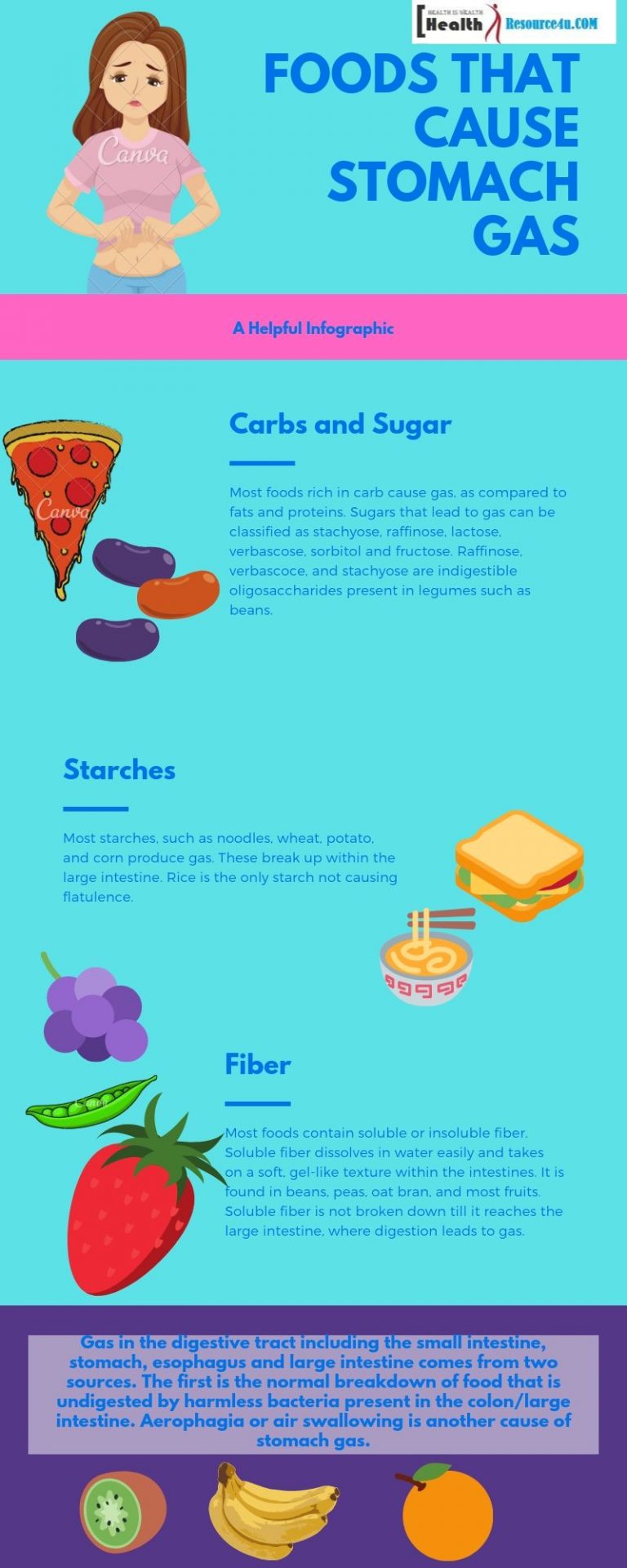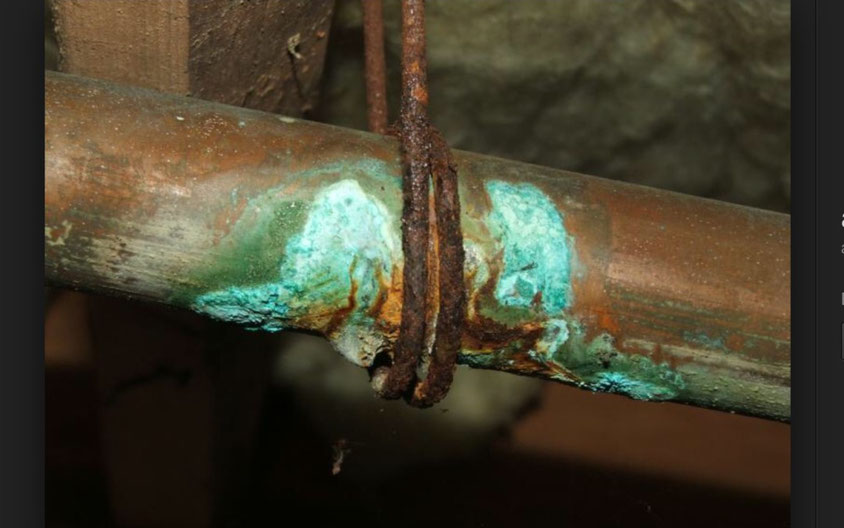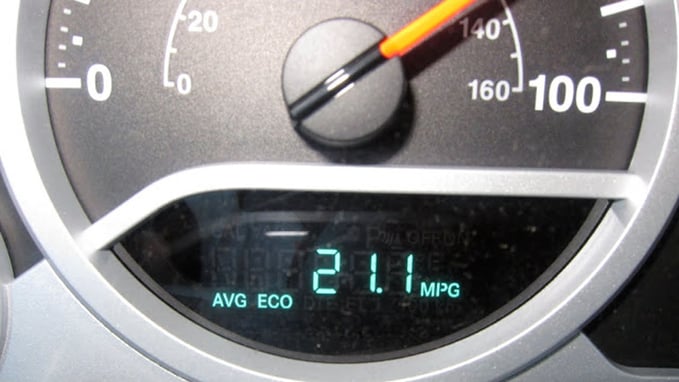Excessive gas causes information
Home » » Excessive gas causes informationYour Excessive gas causes images are available in this site. Excessive gas causes are a topic that is being searched for and liked by netizens now. You can Download the Excessive gas causes files here. Get all free images.
If you’re looking for excessive gas causes pictures information related to the excessive gas causes keyword, you have come to the ideal blog. Our site always gives you hints for seeking the highest quality video and picture content, please kindly hunt and find more informative video articles and graphics that fit your interests.
Excessive Gas Causes. Sulfur is necessary for a healthy body, but eating too many high sulfur foods may cause excessive gas. Everyone swallows a small amount of air when eating and drinking. Vegetables (especially broccoli, cabbage, and. Is excess gas ever cause for concern?
 How to Get Rid of Gas, Pains, and Bloating From healthline.com
How to Get Rid of Gas, Pains, and Bloating From healthline.com
An increase or change in the bacteria in the small intestine can cause excess gas, diarrhea and weight loss. Carbohydrates, for example, are known to cause gas. Dysbiosis is a persistent imbalance of the microbes that live in the gut. Gas normally enters your digestive tract when you swallow air and when bacteria in your large intestine break down undigested carbohydrates. These include cirrhosis of the liver, congestive heart failure,. What can be excessive flatulence?
“these symptoms could be signs of a digestive disorder, such.
“these symptoms could be signs of a digestive disorder, such. Excessive flatulence can have several causes. Excessive gas is usually caused by things you eat and drink or the habits that cause you to swallow extra air. Gas normally enters your digestive tract when you swallow air and when bacteria in your large intestine break down undigested carbohydrates. Vegetables (especially broccoli, cabbage, and. Diagnosing gas, gas pain, and bloating.
 Source: medicalnewstoday.com
Source: medicalnewstoday.com
An inability to break down certain sugar compounds in the digestive tract can lead to those sugars sitting in the intestines, which then begin fermenting and causing gas. The doctor will first inquire about your eating habits, symptoms, and medical history to get a background on your. If you have a condition that causes fluid buildup, you may experience excess gas in the abdomen. Among the most common are food, the presence of worms, irritable bowel syndrome and bowel cancer. Food is important at all stages of life.
 Source: healthresource4u.com
Source: healthresource4u.com
Below are some foods that can cause stomach trouble. Eating too fast, chewing gum frequently, consuming fizzy drinks are some of the causes of the amount of gas in the stomach. Aerophagia (swallowing air) and consumption of carbonated beverages are the most common causes of excessive gas in the upper gut (esophagus, stomach and duodenum). The below conditions could all be to blame for ramping up the gas production in your body. Carbohydrates, for example, are known to cause gas.
 Source: twinlightshomeinspection.com
Source: twinlightshomeinspection.com
Swallowing of air can occur due to a variety of reasons, such as eating and drinking very rapidly, hyperventilating (such as in anxiety), breathing through the mouth, excessive use of chewing. Excess gas is often a symptom of chronic intestinal conditions, such as diverticulitis, ulcerative colitis or crohn’s disease. While gas is normal, there are times when it could be a red flag for a serious health issue. “these symptoms could be signs of a digestive disorder, such. Is excess gas ever cause for concern?
 Source: flatulencecures.com
Source: flatulencecures.com
Gastrointestinal (gi) disorders, like irritable bowel syndrome (ibs) and chronic constipation. Among the most common are food, the presence of worms, irritable bowel syndrome and bowel cancer. Food is important at all stages of life. Sulfur is necessary for a healthy body, but eating too many high sulfur foods may cause excessive gas. Try eating more frequent and smaller meals throughout the day.
 Source: carsdirect.com
Source: carsdirect.com
Food and drink are the most common reasons for causes of excessive gas formation in the stomach. If gas occurs more frequently than usual, or if it’s accompanied by other symptoms, like abdominal pain, weight loss, fever, or bloody stools, you should speak with your doctor. Food is important at all stages of life. Below are some foods that can cause stomach trouble. Sulfuric foods include alliums, such as onions and garlic, and cruciferous vegetables, such.
 Source: healthline.com
Source: healthline.com
Which foods are most likely to cause gas? An increase or change in the bacteria in the small intestine can cause excess gas, diarrhea and weight loss. Food and drink are the most common reasons for causes of excessive gas formation in the stomach. Eating too much and often eating fatty foods. Excess upper intestinal gas can result from swallowing more than a usual amount of air, overeating, smoking or chewing gum.
This site is an open community for users to submit their favorite wallpapers on the internet, all images or pictures in this website are for personal wallpaper use only, it is stricly prohibited to use this wallpaper for commercial purposes, if you are the author and find this image is shared without your permission, please kindly raise a DMCA report to Us.
If you find this site beneficial, please support us by sharing this posts to your preference social media accounts like Facebook, Instagram and so on or you can also save this blog page with the title excessive gas causes by using Ctrl + D for devices a laptop with a Windows operating system or Command + D for laptops with an Apple operating system. If you use a smartphone, you can also use the drawer menu of the browser you are using. Whether it’s a Windows, Mac, iOS or Android operating system, you will still be able to bookmark this website.
Category
Related By Category
- Cheap dog grooming information
- Best car restoration information
- All car restorations information
- Buy dog clothes online information
- Causes for childhood obesity information
- First aid courses london information
- Dream interpretation worms information
- First aid course toronto information
- Dash diet summary information
- Flatulence foods information